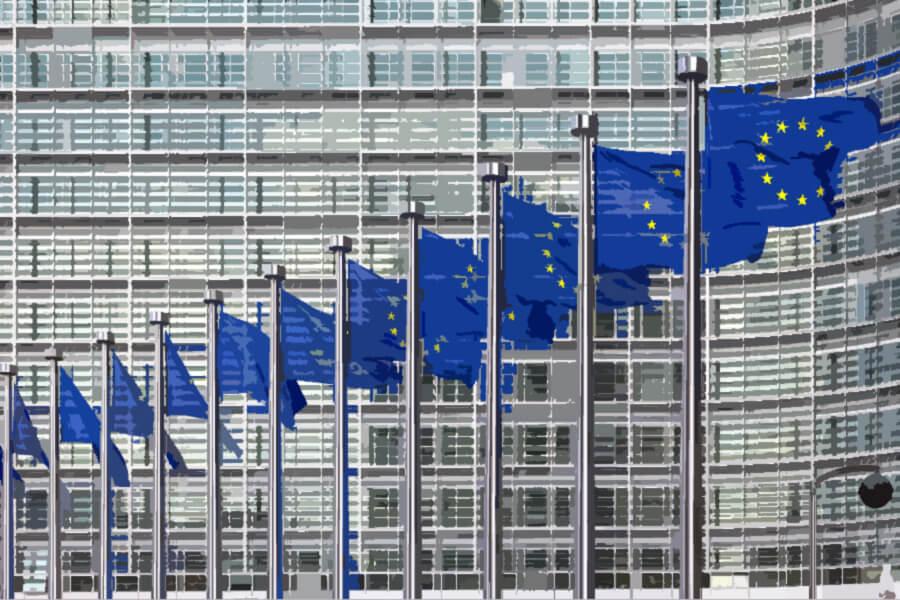At this point in time, most of the world’s countries have issued some form of regulatory framework for digital currencies. Research on the matter has shown that there’s an overall lack of standardization in terms of cryptocurrency and blockchain regulation, thereby giving way to uncertainty, especially for crypto-related business ventures operating globally.
Recent reports indicate that a standardization of cryptocurrency regulations for EU member countries is on the agenda of the European Commission. A copy of a legislative draft was recently leaked on the internet, thus showcasing the institution’s vision concerning crypto regulation.
The main point worth keeping in mind is that crypto assets will be regulated in a similar manner to most other financial instruments. Most of these rules are centred towards service providers and token issuers, rather than users. The regulatory draft kicks off with a definition of crypto-based assets and highlights the main regulations that EU companies should respect. Emphasis is placed on stablecoins, which have been actively gaining popularity over the last couple of years.
According to the legal draft, “A relatively new subset of crypto-assets, the so-called ‘stablecoins’, has recently emerged and attracted the attention of both the public and regulators around the world (…) While the crypto-asset market remains modest in size and does not currently pose a threat to financial stability, this may change with the advent of ‘stablecoins’ as they seek wider adoption by incorporating features aimed at stabilizing their value and by exploiting the network effects stemming from the firms promoting these assets.”
Regulatory oversight will be handled by the Markets in Crypto-assets (MiCA), a framework that closely resembles the one that is currently responsible for regulating the EU securities marketspace. Once this framework is adopted by the European Commission, EU member countries will have to integrate this directive into national law, hence ensuring standardization. According to some experts, it’s likely that this will not happen until 2022. However, this draft definitely grants businesses the possibility of ensuring long-term legal compliance.
Cryptocurrency regulation offers legal clarity and customer safety, yet some argue that an over abundance of rules may actually hinder innovation. Do keep in mind the fact that most of these rules only concern token issuers and service providers; thereby, actual usage of cryptocurrencies remains largely unregulated with the exception of laws that indirectly affect users – such as the need to complete KYC/AML checks in order to use specific services.
